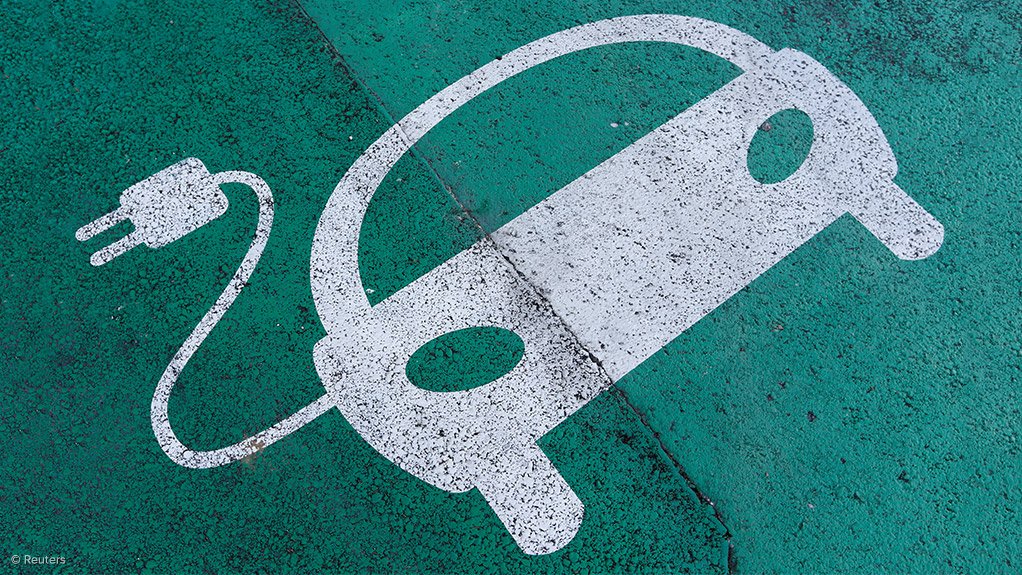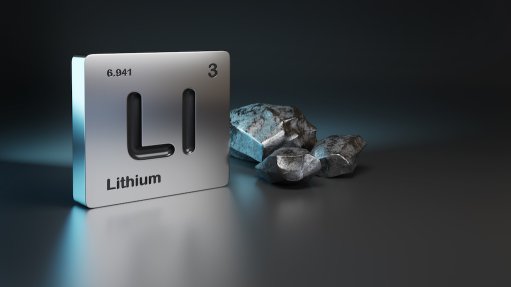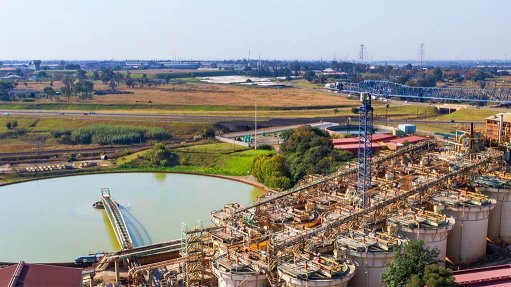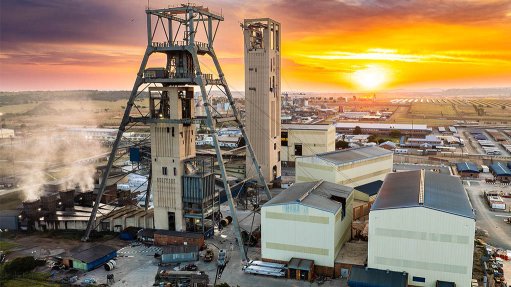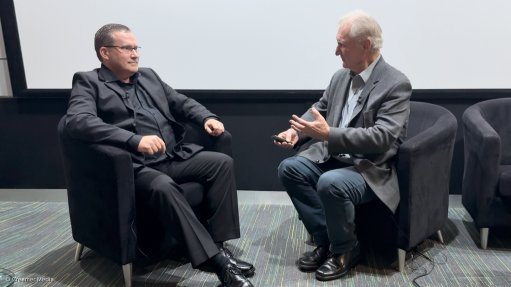South Africa urged to play to strengths as its plots role in lithium-ion battery value chain
A newly released study of the potential for developing a lithium-ion battery value chain in South Africa concludes that the country should prioritise minerals beneficiation and mining, as well as battery manufacturing as it seeks to carve out a niche for itself in what is a fast-growing, highly competitive and rapidly evolving market.
Commissioned by United Nations Industrial Development Organisation (UNIDO) and the Department of Trade, Industry and Competition (DTIC) and written by Trade & Industrial Policy Strategies (TIPS), the report noted that South Africa already had pockets of excellence in both areas, whereas the business cases for cell manufacturing and recycling still had to be established.
Launching the report at the Africa Energy Indaba on Wednesday, TIPS senior economist Gaylor Montmasson-Clair said that, while there was currently little processing of minerals to a battery grade, South Africa nevertheless had longstanding experience and expertise in minerals beneficiation that could be extended into the lithium-ion battery value chain.
The value chain for lithium-ion batteries naturally includes lithium, but also a host of other minerals produced at scale in South Africa, such as manganese, iron-ore, nickel and titanium.
He noted that the Manganese Metal Company, in Mbombela, was already the largest producer of electrolytic manganese metal, used as a cathode component, outside of China, while Hulamin, of Maritzburg, produced battery base plate material for electric vehicles and was investigating the manufacture of battery foil.
South Africa also had a vibrant battery manufacturing industry based on imported cells, with several firms having developed their own intellectual capital and expertise in the manufacture of specific components, as well as in the assembly of battery packs.
The report recommends that policymakers focus initially on leveraging these “evidenced strengths, rather than pursuing unsubstantiated aspirations”.
“Looking ahead, the possibility of developing the domestic lithium-ion battery value chain should not be overestimated. South Africa displays key pockets of excellence in battery manufacturing, mineral beneficiation and mining. Efforts and resources should be focused on these activities.”
That said, Montmasson-Clair also stressed that the opportunity should not be underestimated in light of the rapid growth in the demand, which was underpinned by the rise in the EV market as well as battery energy storage to help balance out the variability associated with renewable energy.
The report emphasises the need to align South Africa’s automotive policy with the global shift to EVs; a move that could also help create the domestic demand required to unlock the lithium-ion battery value chain.
A separate TIPS study commissioned by Naamsa | the Automotive Business Council and the DTIC concluded that a transition of the local manufacturing industry away from the internal combustion engine was fundamental to its long-term sustainability.
To support such a transition it was concluded that it was essential for EVs to be available in the local market and for customers to be enticed to buy them.
Speaking during the launch, DTIC chief director for green industries and industrial competitiveness Gerhard Fourie indicated that government was fully aware of the prevailing criticism over its 25% import duty on EVs, but said that serious talks were under way between government and the industry on ways to accelerate demand for EVs.
These discussions would also assess the future of the component sector, with South Africa currently producing parts, such as catalytic converters, exhaust systems and radiators, which would not be employed by EVs.
There was high-level support, he stressed, within government and the automotive industry to pursue “green transport” opportunities, including the associated industrial opportunities.
The DTIC was currently working with the Department of Transport on an implementation plan for government’s recently released green transport strategy and Fourie reported that recommendations would be made in the coming months on how that strategy could be accelerated.
UNIDO energy and low carbon coordinator Dr Blanche Ting also highlighted the regional integration opportunities associated with the lithium-ion battery value chain.
She noted that, within the Southern African Development Community (SADC), Mozambique and Tanzania had graphite resources, while nickel was present in Botswana and Zimbabwe, and titanium in Mozambique and Madagascar. Zimbabwe was also an emerging lithium producer.
“Potential for regional industrial integration of these minerals – notably though the implementation of the SADC Industrialisation Strategy and Roadmap 2015-2063 and the recent implementation of the African Continental Free Trade Agreement – should be explored.”
Comments
Press Office
Announcements
What's On
Subscribe to improve your user experience...
Option 1 (equivalent of R125 a month):
Receive a weekly copy of Creamer Media's Engineering News & Mining Weekly magazine
(print copy for those in South Africa and e-magazine for those outside of South Africa)
Receive daily email newsletters
Access to full search results
Access archive of magazine back copies
Access to Projects in Progress
Access to ONE Research Report of your choice in PDF format
Option 2 (equivalent of R375 a month):
All benefits from Option 1
PLUS
Access to Creamer Media's Research Channel Africa for ALL Research Reports, in PDF format, on various industrial and mining sectors
including Electricity; Water; Energy Transition; Hydrogen; Roads, Rail and Ports; Coal; Gold; Platinum; Battery Metals; etc.
Already a subscriber?
Forgotten your password?
Receive weekly copy of Creamer Media's Engineering News & Mining Weekly magazine (print copy for those in South Africa and e-magazine for those outside of South Africa)
➕
Recieve daily email newsletters
➕
Access to full search results
➕
Access archive of magazine back copies
➕
Access to Projects in Progress
➕
Access to ONE Research Report of your choice in PDF format
RESEARCH CHANNEL AFRICA
R4500 (equivalent of R375 a month)
SUBSCRIBEAll benefits from Option 1
➕
Access to Creamer Media's Research Channel Africa for ALL Research Reports on various industrial and mining sectors, in PDF format, including on:
Electricity
➕
Water
➕
Energy Transition
➕
Hydrogen
➕
Roads, Rail and Ports
➕
Coal
➕
Gold
➕
Platinum
➕
Battery Metals
➕
etc.
Receive all benefits from Option 1 or Option 2 delivered to numerous people at your company
➕
Multiple User names and Passwords for simultaneous log-ins
➕
Intranet integration access to all in your organisation



